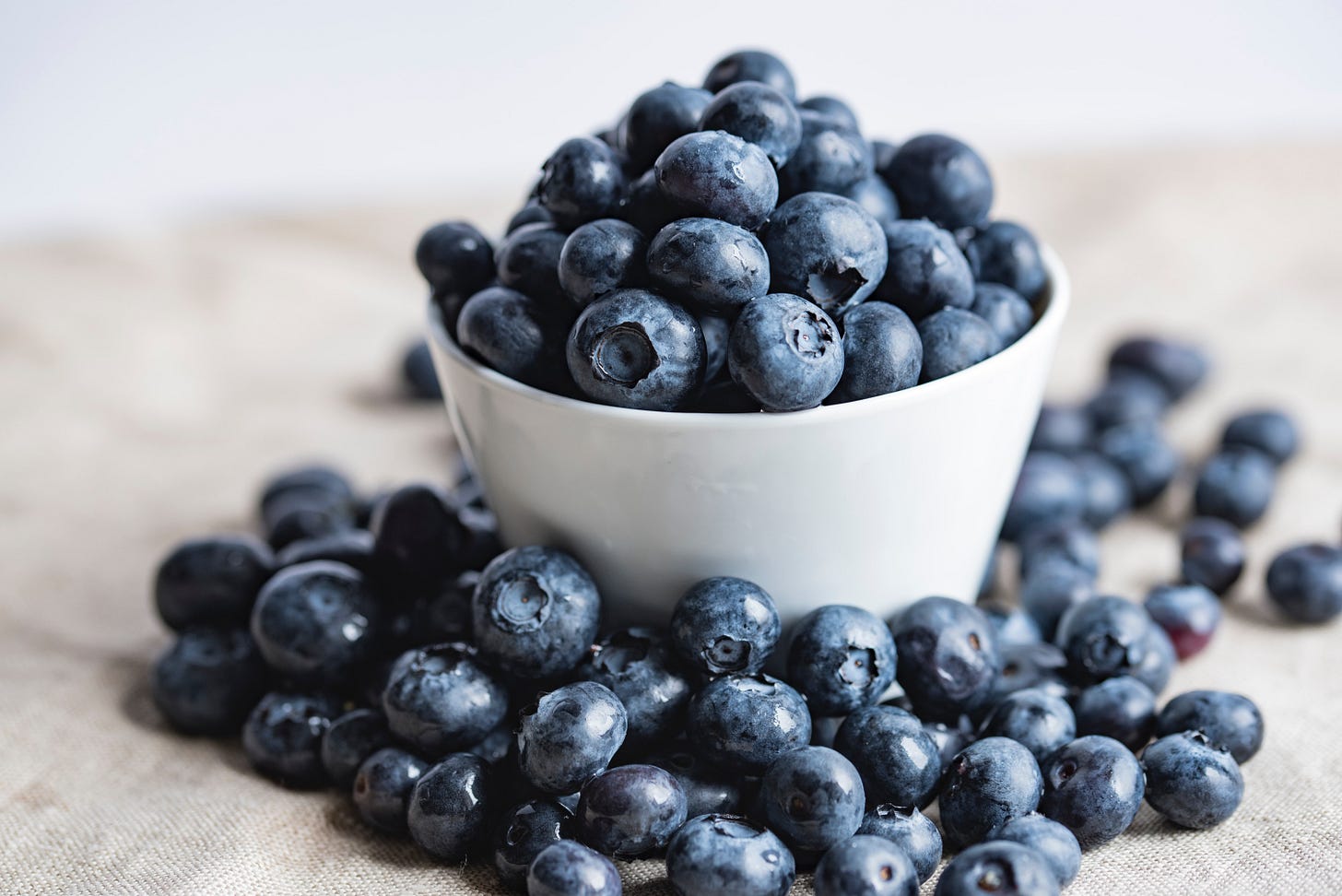Welcome to Thursday Things! If you enjoy this edition, please click the heart icon in the header or at the end of the post to let me know. You can post a comment by clicking the dialog bubble.
You know what isn’t in this edition? Anything about giraffes. Photo by Wolfgang Hasselmann on Unsplash
Keep it clean! I love articles about hacks of various kinds. This one is a compilation of cleaning tips and hacks employing onions, limes, lemons, potatoes, baby oil, salt, vinegar, and other common household items to clean things (usually as a cheaper and less toxic alternative to various chemical cleaning products). Some of these I already knew. Some I’ll be trying out soon.
Cleaning Tips And Hacks That Mr. Clean Himself Would Endorse If He Could
Here are a few samples:
Use a paste of baking soda and dish soap to clean icky gas stovetop burners!
Use half an onion to clean stains off windows!
Clean your coffee grinder with rice!
Baking soda and hydrogen peroxide will clean your dirty sink!
Get mirrors spotless with a water and vinegar solution!
Clean a pan with half a potato rubbed in coarse salt!
And many more. Check out the full list. And if you have an awesome household hack, please share it in the comments.
I’ll add two bonus tips not from this article:
You can disinfect a kitchen sponge by soaking it with water and then microwaving it for 30 seconds. Just be careful getting it out of the microwave.
Never mix bleach and ammonia! It produces a violent chemical reaction that releases deadly chloramine gas, forms hydrochloric acid, and potentially may form toxic liquid hydrazine, which can boil and spray hot toxic liquid. So those two do not get along, bleach and ammonia. Keep them apart at all times.
Even better, maybe stick with onions, potatoes, lemons, and baking soda for your cleaning needs.
The prize you get for getting a prize you don’t want. This is an older article by the late author Ursula K. LeGuin, but I just stumbled on it. There is, apparently, a prize for refusing literary prizes.
The Literary Prize for the Refusal of Literary Prizes
I first learned about the Sartre Prize from “NB,” the reliably enjoyable last page of London’s Times Literary Supplement, signed by J.C. The fame of the award, named for the writer who refused the Nobel in 1964, is or anyhow should be growing fast. As J.C. wrote in the November 23, 2012, issue, “So great is the status of the Jean-Paul Sartre Prize for Prize Refusal that writers all over Europe and America are turning down awards in the hope of being nominated for a Sartre.” He adds with modest pride, “The Sartre Prize itself has never been refused.”
My view is that most art and literary prizes and awards are stupid. However they start out, almost all eventually devolve into the prize givers more on the basis of being trendy, or signaling their virtue on some current issue or the other or “to make a statement” or on the basis of intra-group politics or cliques. Anything but recognizing literary excellence (or excellence in filmmaking or whatever the case may be) But this one is intriguing, don’t you think?
A big bowl of awesome. Photo by Joanna Kosinska on Unsplash
Blueberries for the win! Blueberries are my favorite of the berries. They’re delicious! And, it turns out, good for your brain. Half-cup of blueberries a day could keep dementia away, scientists say
Researchers from the University of Cincinnati have found that a half-cup of blueberries can keep middle-aged adults from developing dementia as they get older.
Moreover, the study finds adding the fruit to your diet lowers insulin levels and improves metabolic function — making it easier to burn fat for energy. It’s worth noting that the U.S. Highbush Blueberry Council of Folsom, California provided the funding for this research.
So, not just your brain. And what makes blueberries so awesome?
[S]tudy author Robert Krikorian notes this superfood contains high levels of micronutrients and antioxidants called anthocyanins. These give blueberries their classic color while defending the fruit against excess radiation exposure, plant viruses, and other potential threats.
Anthocyanins provide even more benefits when people eat them. These include reducing inflammation, improving metabolic function, and boosting energy production within the cells.
So my suggestion — have some more blueberries! Blueberries are your friend.
Thank you for reading Thursday Things! Again, please click the hearts, leave a comment, and use the share feature to send this issue to a friend who might enjoy it. See you next Thursday!




